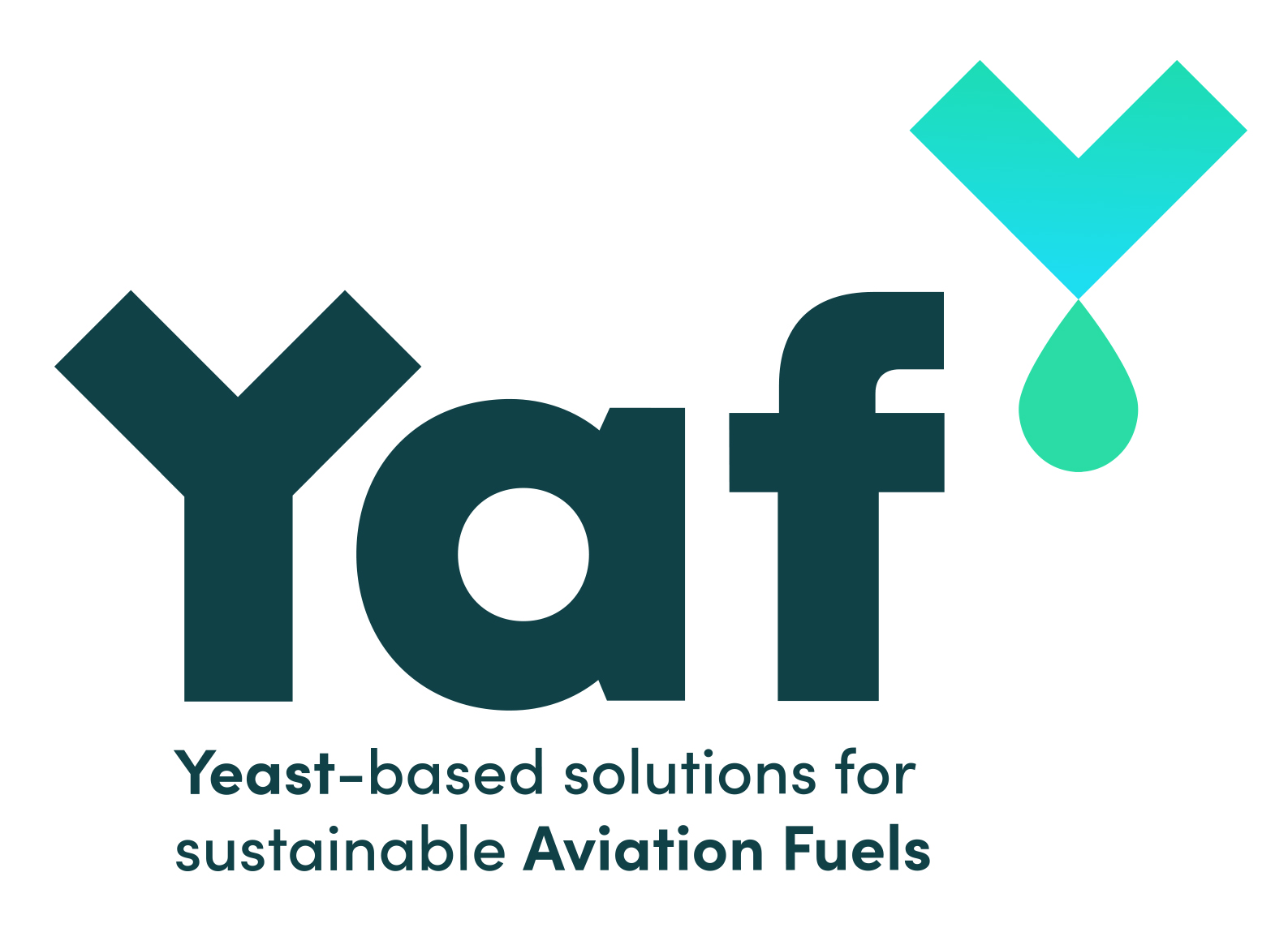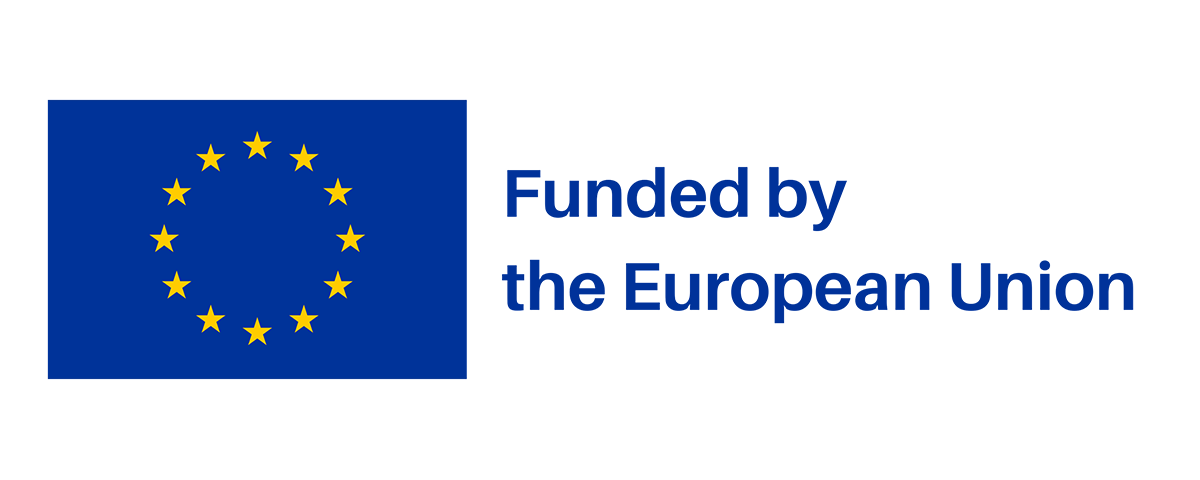YAF: Yeast-based solutions for sustainable Aviation Fuels
Sustainable aviation fuels (SAF) are the only short-term alternative to fossil fuels in aviation. Considering the increased number of passengers forecasted in the near future, a massive increased in SAF production has been estimated in the years to come. To fulfil this increase in demand, the combination of existing and new renewable production chains is needed. Current SAF-producing pathways are at different levels of maturity, implementation or even commercialization. However, lowering the cost and supply chain development are key challenges for commercial-scale SAF deployment. Using biowastes as feedstock for SAF is challenging but necessary to make SAF competitive with fossil fuels. In this context, yeasts may be key players to generate economically-viable SAF intermediates (terpenes or fatty acids (FA)) in an environmentally-friendly way from biowaste. This SAF production by biological means is very new and presents a lot of remaining challenges and training gaps that have to be addressed. YAF research programme aims at; i) producing carbon sources from biowastes, ii) developing new yeast cell factories to produce SAF, iii) designing new bifunctional catalysts, iv) achieving efficient strategies for FA/terpenes extraction, and v) creating robust framework tailored to the scaling-up methodologies and life-cycle sustainability assessment of different SAF-producing routes, which will support decision-making. To achieve this, the right integration of biology, biotechnology, chemical engineering and environmental sciences will be required. Thus, the prime training/networking aim of YAF is to train the next generation of researchers in a highly interdisciplinary and intersectoral research environment such that they can soundly address upcoming challenges concerning production yeast-based SAF. YAF has been designed to strengthen European research and innovation, enhancing research visibility and generating a critical mass to address European (and global) challenges.
Project Webpage: https://yaf-project.eu/
Partners: IMDEA Energy Institute (Coordinator) (Spain); Tallinna Tehnikaülikool (Estonia); Danmarks Tekniske Universitet (Denmark); ABO Akademi (Finland); Centro de Investigaciones Energeticas, Medioambientales y Tecnologicas-CIEMAT (Spain); Bio Base Europe Pilot Plant VZW (Belgium). Associated partner: University Rey Juan Carlos (Spain); University Complutense of Madrid (Spain); University of Ghent (Belgium); Nutropy (France); HFP Consulting (Germany); Imperial College of London (UK)
Funding Institution/Program: Horizon Europe (Marie Skłodowska-Curie)
Call: HORIZON-MSCA-2022-DN-01
Type of action: HORIZON-TMA-MSCA-DN
Period: 01/12/2023 – 30/11/2027
IMDEA Energy Institute external funding: 755.913,60 €
EU contribution: 2.637.583,20€
Principal Investigator: Elia Tomás Pejó




